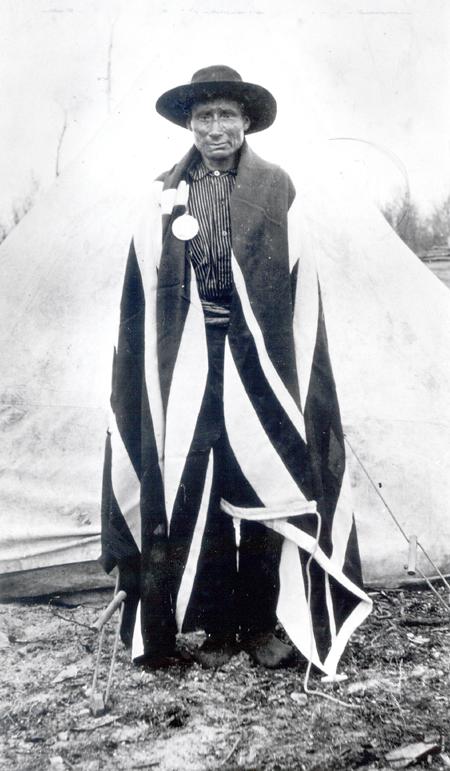At the New Yorker blog, Timothy Wu challenges Kevin Kelly’s premise that “technology wants what life wants” by detailing the difficulties of the traditional Oji-Cree people, who have been tethered to tech for only fifty years. It’s an interesting analysis of the nature of technological and biological forces, but I’m more on the side of Kelly in believing that technology ultimately possesses an evolutionary nature. While biology leads us to improve and adapt in the big picture, there’s an awful lot of collateral damage along the way. Technology is likely the same and shouldn’t be judged by a different standard. An excerpt:
“The Oji-Cree have been in contact with European settlers for centuries, but it was only in the nineteen-sixties, when trucks began making the trip north, that newer technologies like the internal combustion engine and electricity really began to reach the area. The Oji-Cree eagerly embraced these new tools. In our lingo, we might say that they went through a rapid evolution, advancing through hundreds of years of technology in just a few decades.
The good news is that, nowadays, the Oji-Cree no longer face the threat of winter starvation, which regularly killed people in earlier times. They can more easily import and store the food they need, and they enjoy pleasures like sweets and alcohol. Life has become more comfortable. The constant labor of canoeing or snowshoeing has been eliminated by outboard engines and snowmobiles. Television made it north in the nineteen-eighties, and it has proved enormously popular.
But, in the main, the Oji-Cree story is not a happy one. Since the arrival of new technologies, the population has suffered a massive increase in morbid obesity, heart disease, and Type 2 diabetes. Social problems are rampant: idleness, alcoholism, drug addiction, and suicide have reached some of the highest levels on earth. Diabetes, in particular, has become so common (affecting forty per cent of the population) that researchers think that many children, after exposure in the womb, are born with an increased predisposition to the disease. Childhood obesity is widespread, and ten-year-olds sometimes appear middle-aged. Recently, the Chief of a small Oji-Cree community estimated that half of his adult population was addicted to OxyContin or other painkillers.
Technology is not the only cause of these changes, but scientists have made clear that it is a driving factor.“
Tags: Kevin Kelly, Timothy Wu

